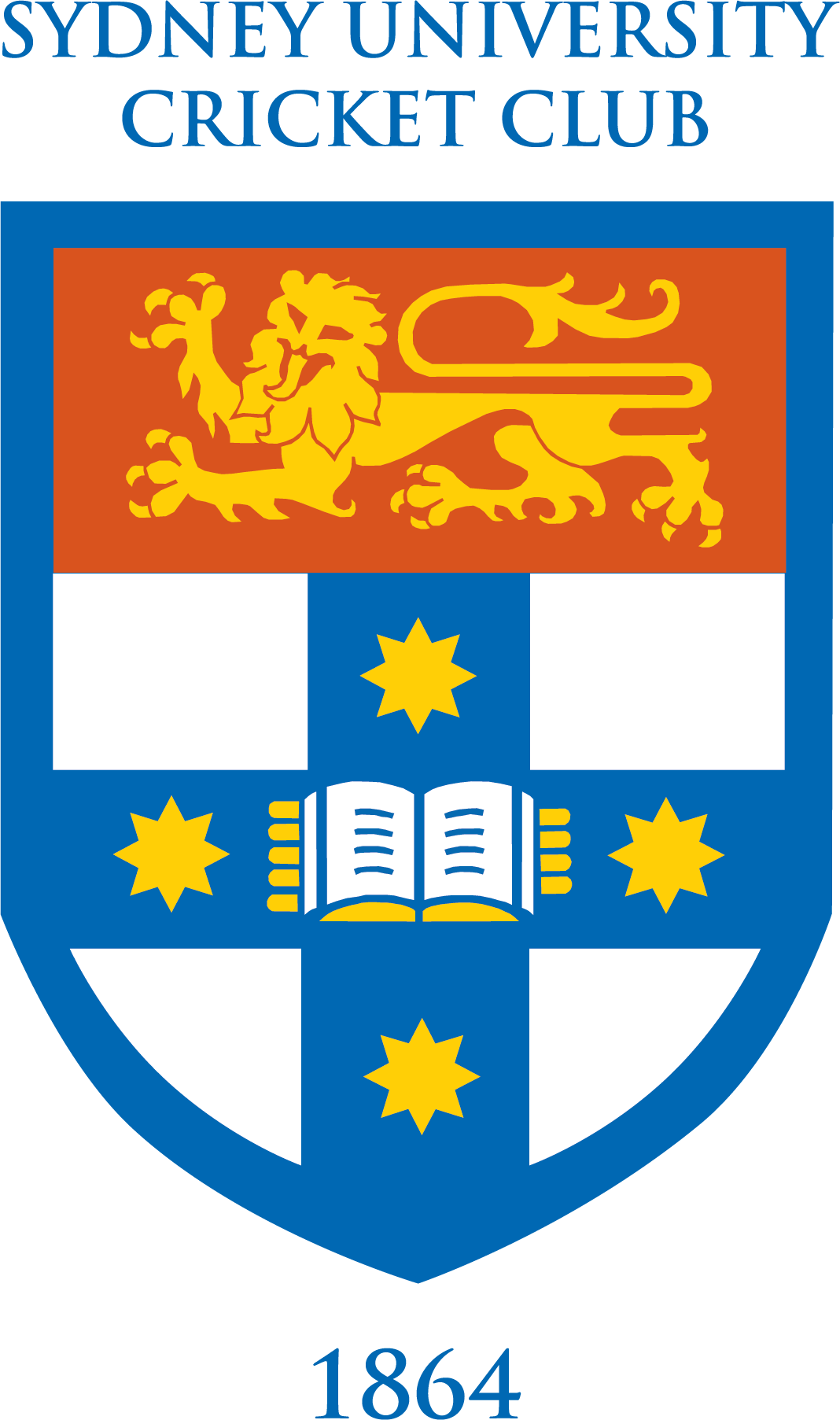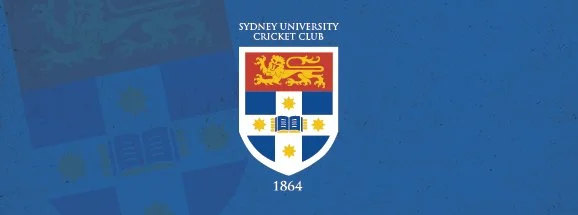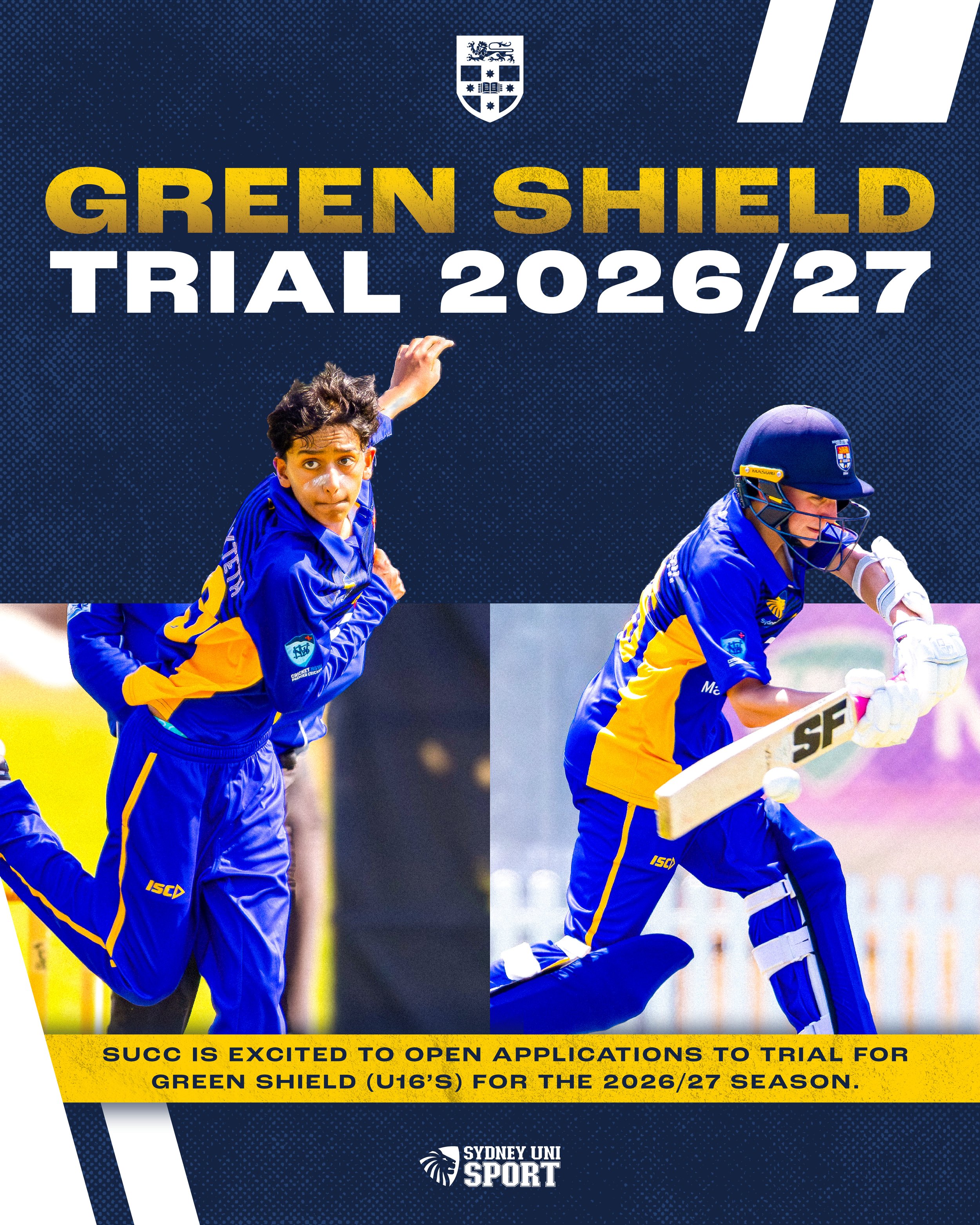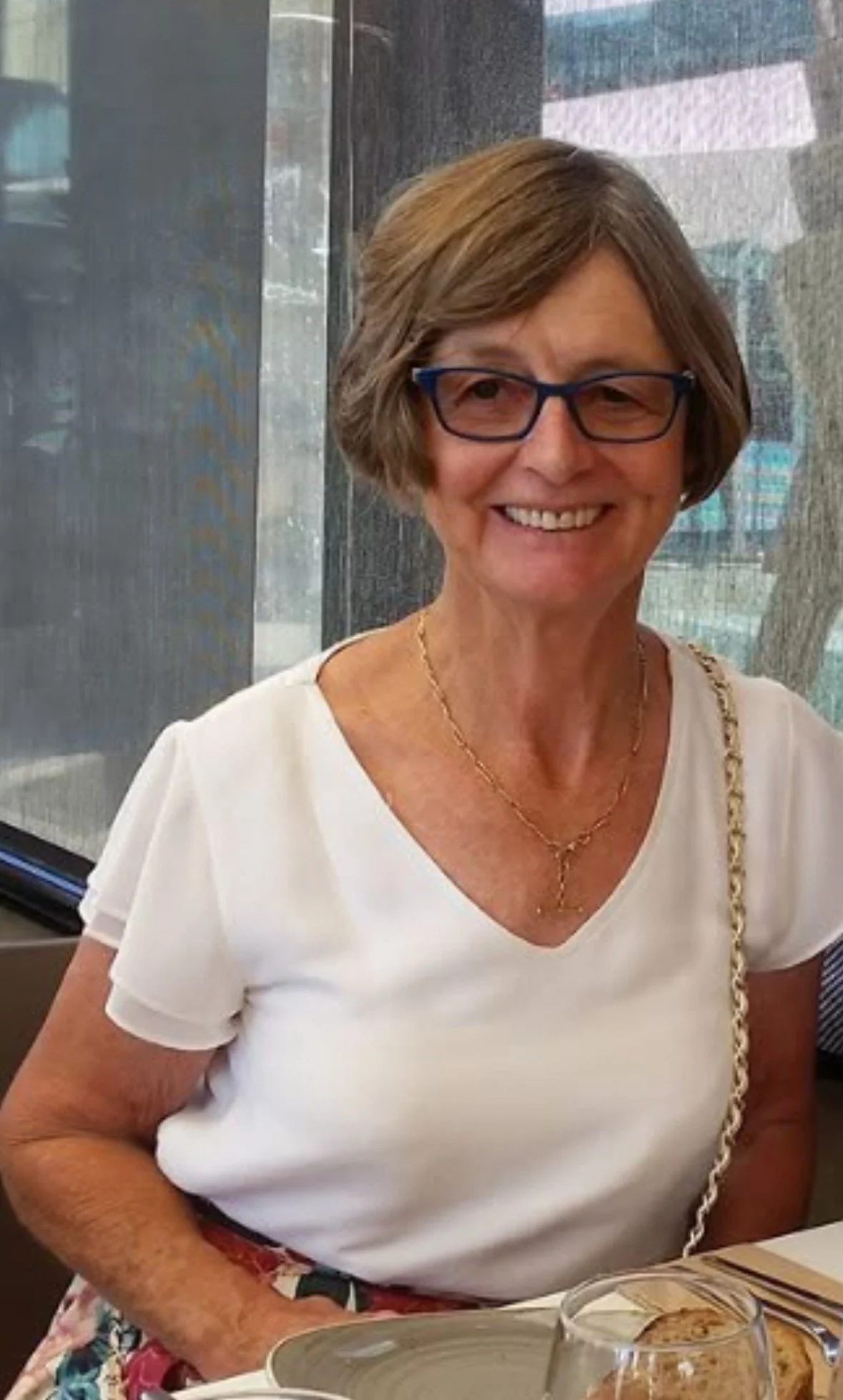Neil Bonnell turned 90 in May 2025. He reflects on his years with SUCC.
As a now officially venerable ex-member of the Sydney University Cricket Club, I thought that it was time that I reflected on my experiences of the 1950s.
This was not a period of significant achievement for the Sydney University Cricket Club. There were occasional bright spots, but problems faced by the club included not being able to attract gifted players who were eligible to play for the club, but who chose district clubs instead. Also, we were not able to keep the original teams together over the summer break.
I spent my time in the thirds, fourths and Poidevin-Gray sides. The 4ths suffered most as the College men tended to return to their country homes for the summer. Vacancies in higher teams were filled from the 4ths and vacancies in the 4ths from wherever they could be found. In the 1954-55 season 36 players represented the 4ths. That season provided me with both my worst and best experiences as a batsman. In late November or early December, I scored a golden duck in the first innings and what I believe is a diamond duck in the second. In the first innings, I played forward to an outswinger, which I missed by a clear margin. The bowler gave one of those strangled cries which expressed frustration at such a close shave. To everyone’s surprise, the umpire (a Dutchman wearing sunglasses) raised his finger. I hoped for better things in the second innings. I walked out to the bowler’s end hopeful of better luck that time. On the first ball, the striker called for a run, then changed his mind when I was halfway down the pitch. My score: run out 0. Barely a month later, at North Sydney No 2. I scored something like 33 out of 88 and 51 out 155. 487 runs were scored on the day, but we lost outright.
I selected as a wicketkeeper who was expected to make a few runs from time to time. One of my most valuable innings was the Poidevin-Gray match in which I kept my wicket intact long enough for Col Pearson to reach his century. One of my most embarrassing moments came in a Poidevin-Gray match played against Marrickville on New Year’s Day. Bowling first, Dave Walker struck the opening batman’s pads with his first four balls. I appealed loudly and unsuccessfully for LBW each time. Even my teammates began to suggest that I keep quiet. Fortunately, Dave changed his angle and achieved a snick, which I caught. 1 for 0 quickly became 5-24. The tail-enders, having had more time to recover from their New Year’s Eve celebrations, put up more resistance, but with that start we won comfortably.
I began the 1955-56 season as Vice-captain of the Thirds, but half-way through the season, moved into the captaincy after Geoff Wilkin withdrew because of injury The most disappointing match on my watch was a one-day fixture played against Randwick at Kensington Oval, Sent in to bat on a damp wicket, we folded for 49. I decided that only by attack could we hold Randwick to a reasonable score. The field was set accordingly and I stood up to the stumps for all bowlers. The fieldsmen did their job by holding all their catches. This enabled us to reduce our opposition to 9-40, but the score crept up to 9- 45. At that critical moment, I failed to take a ball which our medium pace bowler pushed outside the leg stump. Four byes levelled the scores, after which the last pair scraped together another ten runs. Somehow, we managed to lose outright.
One of the tactics used by the Committee of the day to deal with the problem of the excessive turnover of players was the formation of the Fourteen Club. All players who played all fourteen matches of the season would be admitted to this elite group. Without attractive rewards this scheme failed to have any impact. In one season, for example, John Lamble and I were the only fourth graders to win admission to the 14 Club.
As a result of pressure applied to the College men to play the whole season, they stacked an Annual General Meeting and managed to win most of the slots available. It didn’t take for them to discover the amount of work required to run a grade cricket club and, one by one, they quietly resigned.
Of the many interesting personalities in the club at this time, a few stand out. Peter Hall, perhaps the most stylish batsman of this period, went on to supervise the completion of the Sydney Opera House. Donald Scott-Orr must have been the longest-serving member of the club, due to his taking twelve years to complete his medical degree. In his early student days he signed off a letter to Honi Soit as Medicine I, Cricket IV. In his best season (1956-57), he scored 550 runs at 30.6 and took 41 wickets at 15.7. I mention Eric Stockdale only because he would sign up for any match on the club calendar. He was surely the oldest player ever to feature in a Poidevin-Gray side. It is probably just as well that we didn’t make the finals while he was a team member. He wore a cap only because his hair had started to thin out.
John Morris, Captain retired, Indian Army, was something of an oddity – but no one was a more ardent supporter of the club than he. When I joined SUCC, “Skip” as he was known was a benefactor as well as the scorer for the Firsts. He then succeeded Ossie Stenmark as President of the club. A somewhat conservative figure, Skip did not understand undergraduate humour. Prior to one committee meeting the members arranged for a motion allowing the admission of female players to inter-faculty games. The discussion became quite vigorous, but even when it became obvious that the discussion was aimed at humour rather than substance, Skip took the whole farrago seriously and with the weight of responsibility on his shoulders, used his casting vote to deny the motion. As the committee members came to realise that they had not been fair to Skip, nothing similar was ever attempted.
My cricketing adventures after graduation took me to a cow pasture at Nana Glen (with the obvious hazards for fieldsmen), to the NSW Teachers Cricket Club in Sydney, minor League cricket in Lancashire, village cricket in Great Brickhill, several seasons with the Kampala Wanderers in Uganda (interrupted briefly by each of two coups), one astonishing match for Cricket Club of India at Brabourne Stadium during a war between India and Pakistan, social cricket with a Trinity Grammar (NSW) staff team and finally with I Zingari in Warwick, Qld. It all ended at the age of 62, when I could no longer keep wickets effectively and had sunk to number ten in the batting order.








